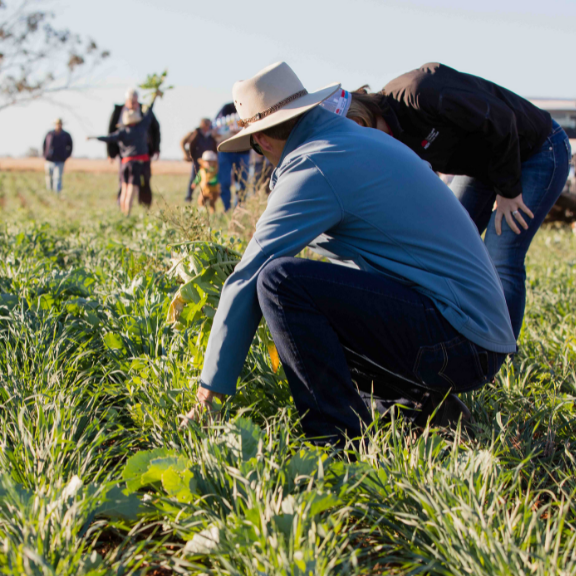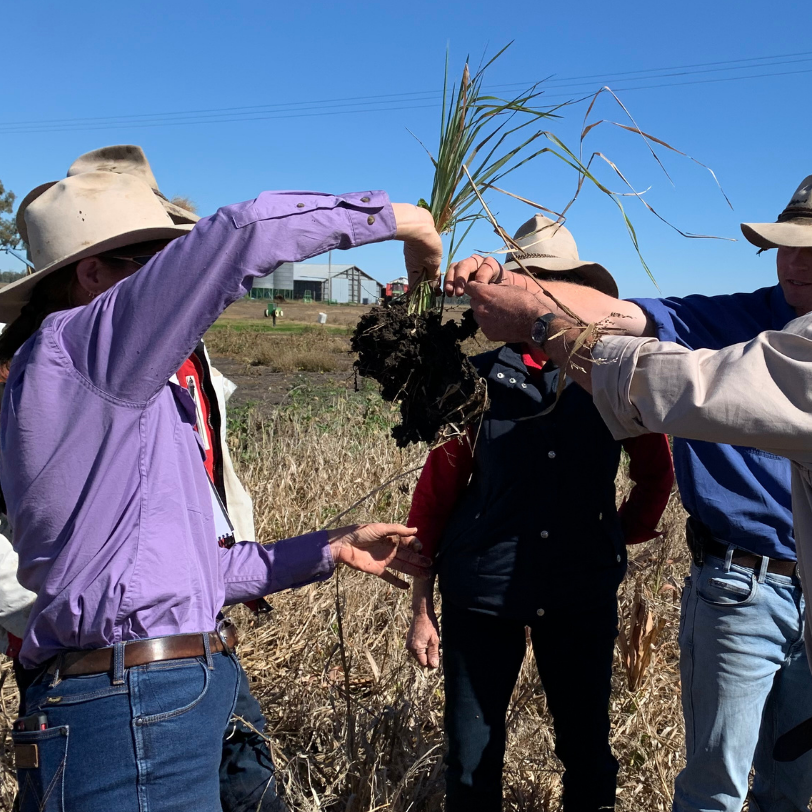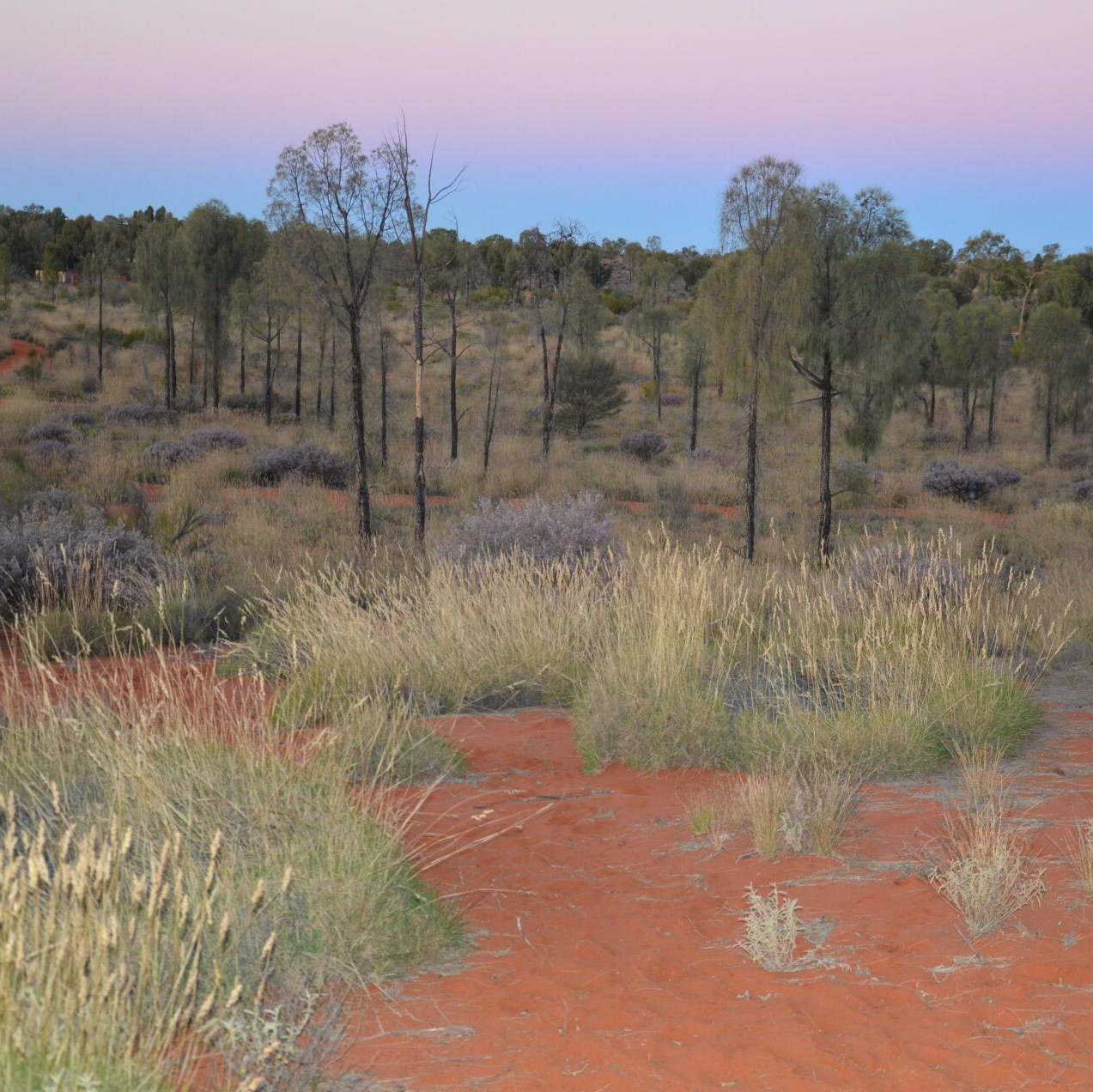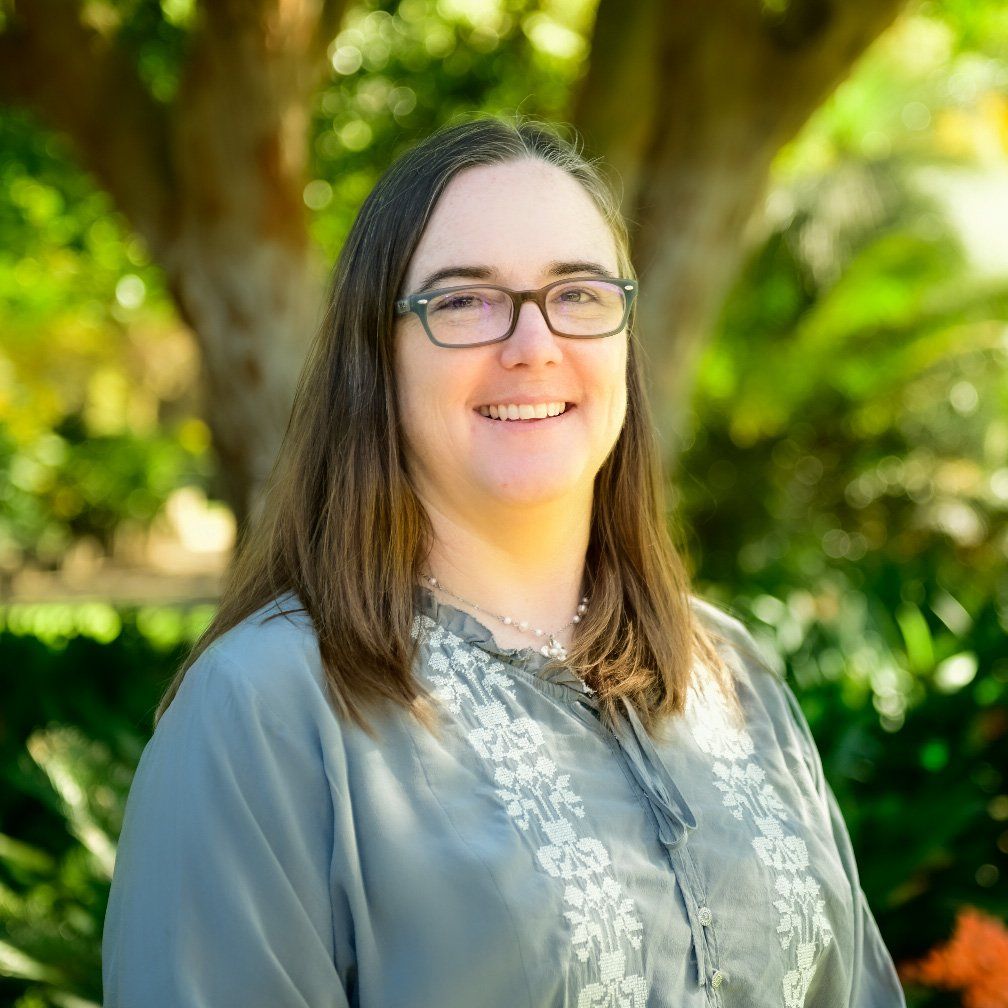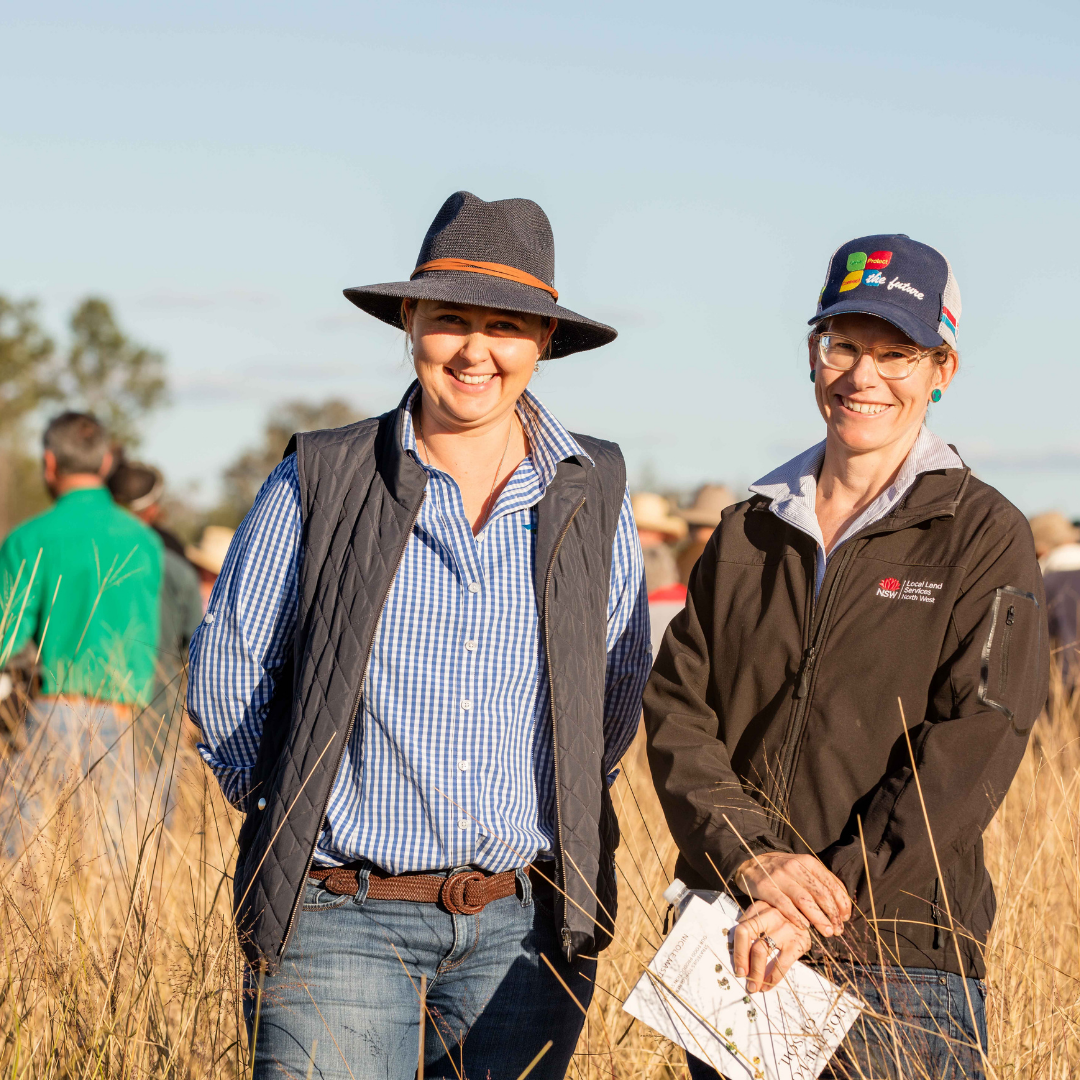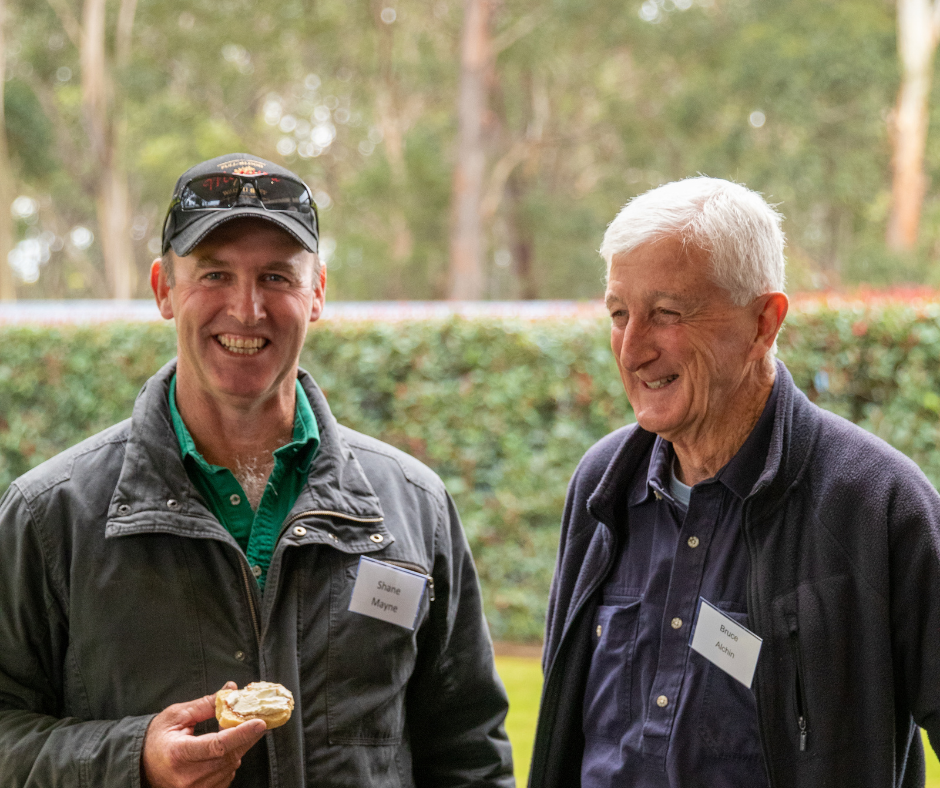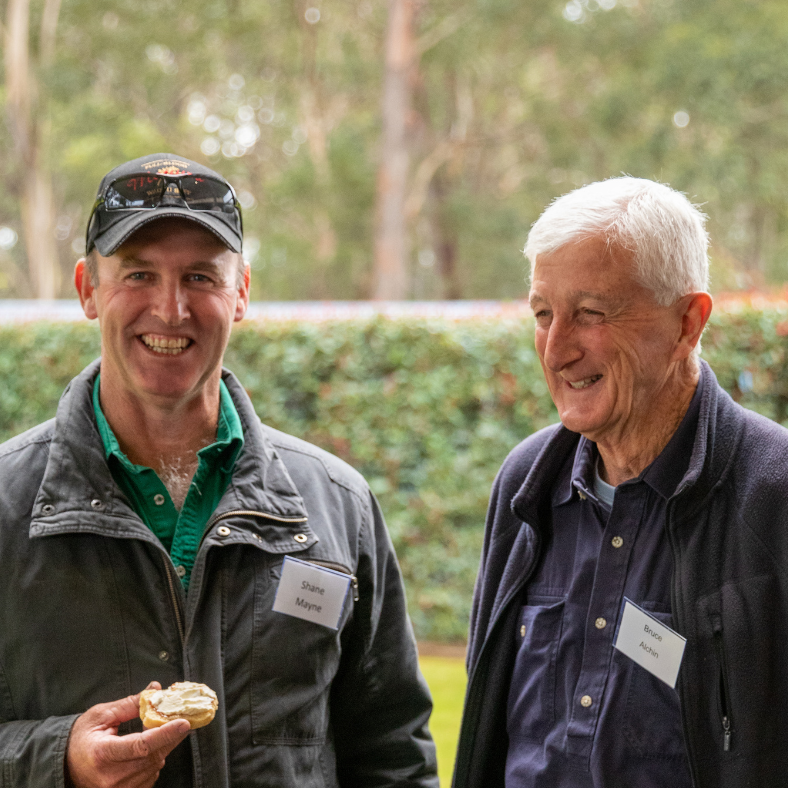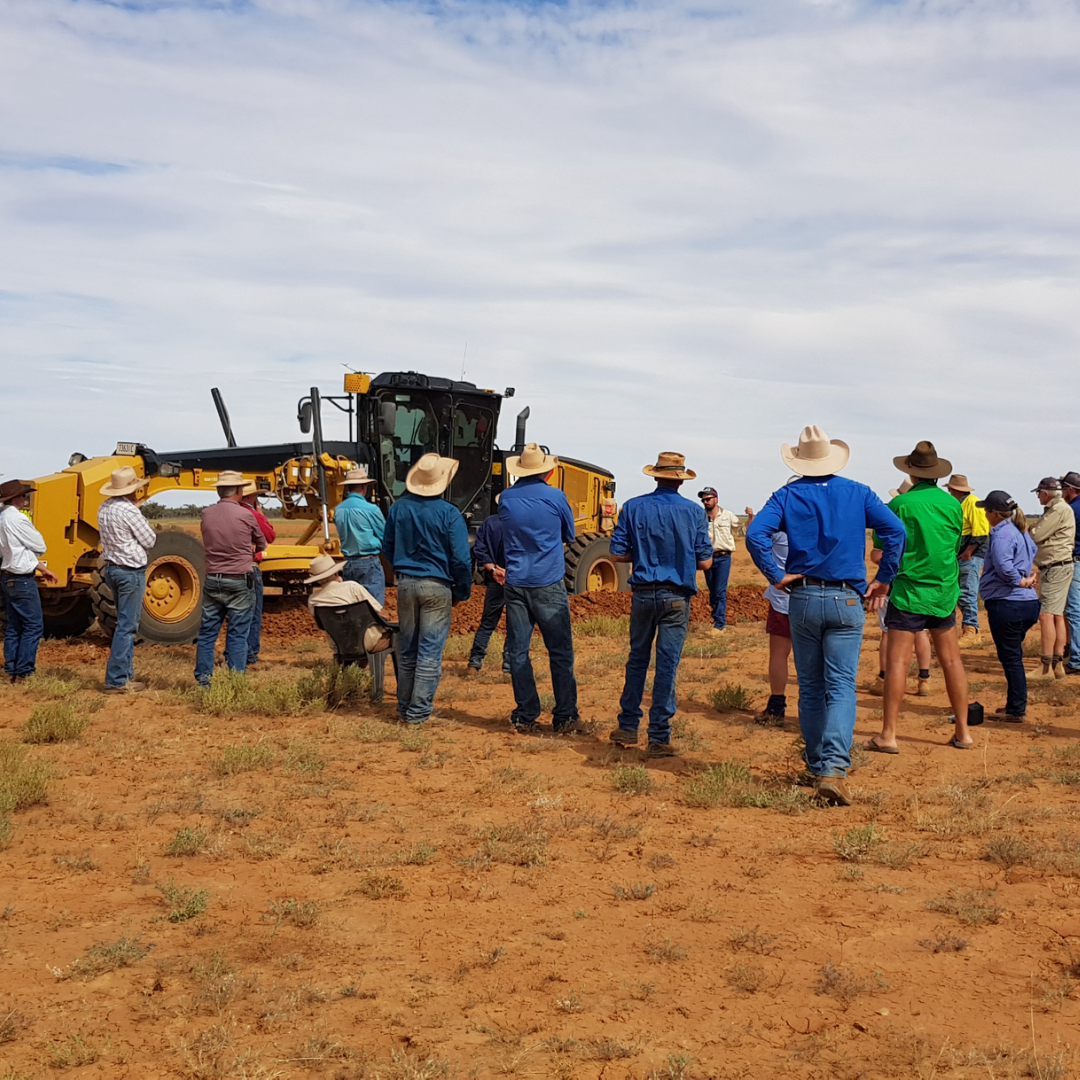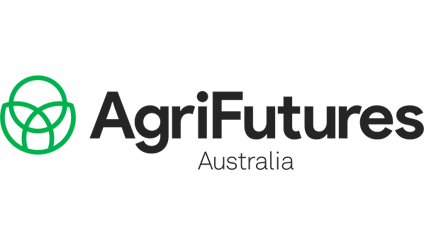Carbon Farming Study
From
May 2021 to May 2022 Southern Queensland Landscapes has been working with land managers throughout Southern Queensland to understand what on-farm activities they are currently performing in the pursuit of carbon farming and what impediments they are experiencing in the effective application of projects.
Key findings of the Carbon Farming Study
Poor ROI
Carbon is currently not seen as a good return on investment
High Risk for Land Managers
All the risk of carbon farming is on the land manager
Conflicting & Complex
Carbon schemes are conflicting and complex
Methodology Mistrust
There is a mistrust of carbon methodology
No Transparency
There is a lack of transparency
Uncertain Future
The future and nature of carbon is uncertain
Extensive Social Impacts
Current carbon schemes have social impacts on regional communities including rewarding the wrong people and vacant homesteads
On the positive side....
There are benefits beyond income
It can be a useful source of income
You can fit carbon schemes in with existing operations
And carbon farming supports succession planning
Why did SQ Landscapes embark on this study?
Selling carbon credits is a new market in the Southern Queensland region and SQ Landscapes is keen to understand the experiences land managers are having as they explore and participate in this market. Learn more.
The current Emissions Reduction Fund (ERF) ran its first auction in 2015 and at that time there were 60 projects registered to trade Australian Carbon Credit Units (ACCU). By Wednesday 13 October 2021 there were 132 registered projects in the region covering approximately 3.5 million hectares (11% of the region).
We wanted to speak to people who were part of these projects or had at least investigated what carbon farming would mean for their situation.
43 land managers
46-65 years
24,000ha+
Property size
Main income = farming
Cattle producers
Existing carbon contracts
Where are all these carbon projects?
The carbon farming projects in Southern Queensland make up a large part of the carbon farming projects in Queensland and Australia. Almost three quarters of Queensland projects are in the south-west portion of the region and these represent almost one quarter of the projects across Australia.
Who did we speak to as part of the Carbon Farming Survey project?
We were able to speak with 43 land managers from across Southern Queensland including people of different life stages, enterprises and involvement with different carbon farming methods.
The majority of the people we spoke to were between 45 and 64 years of age; and the predominant property size was over 24,000 hectares with cattle production being the primary enterprise running on those places. About two thirds of land managers interviewed indicated that farming is their main source of income and two thirds of respondents were either already signed up to a carbon contract or seemed open to doing so in the future.
In our conversations, both soil and vegetation carbon farming methods were described. Among the people we spoke with, almost all had some negative views of carbon farming with only half sharing positive views, though many people described both positive and negative aspects for their situation.
What were the results from the Carbon Farming Survey?
SQ Landscapes’ qualitative semi-structured interview process yielded detailed notes from 36 land manager interviews to which project managers applied a thematic analysis. From the thoughts shared with SQ Landscapes by land managers, project mangers defined 16 themes summarized into 4 key theme sets.
These key theme sets and the themes within them were:
*Percentage shows number of respondents to indicate this as an issue.
Business Risks
- All the risk: on the land manager (83%)
- Carbon: not a good return on investment (64%)
- Not looking after land the right way (61%)
- Tax, loans and valuations: difficult (39%)
Scheme Concerns
- Conflicting and complex information (95%)
- Mistrust of carbon methodology (75%)
- Uncertain future and nature of carbon (52%)
- Lack of transparency (25%)
Social Impact
- Identity clash (81%)
- Rewarding the wrong people (52%)
- Vacant homesteads (47%)
- Everyone has a different story (28%)
Positive Themes
- Benefits beyond income (50%)
- Useful source of income (50%)
- Able to fit with existing operations (44%)
- Supports succession planning (11%)
Further insights
As with many markets, there is a particular scale required to generate a profitable volume of carbon credits to trade. It has been noted by AgriFutures Australia (the funders of this project), that managers of small land holdings want to participate but are looking for a mechanism to bring their smaller offerings to market.
There was a suggestion local government might fill a role in bringing these small-scale credits together and brokering the trading. Land managers and councils in the region were asked about their preferences for what organization might best serve in this ‘aggregator’ role. Almost all councils thought that other entities would be better placed to serve in this role. Land managers showed highest preference for a body corporate structure with second preference for AgForce Queensland.
From all of the information gathered, Southern Queensland Landscapes has defined a collective best-case and worst-case vegetation-based carbon farming scenario for
land managers.
Overall it seems that there is an opportunity for diversification of income through carbon farming, but in the words of one of our interviewees:
“Really look into it and what it will mean for your place, your existing business, your line of credit and your tax debt. Make sure that your solicitor and accountant review any offer and provide clear instructions on how you want carbon farming to fit in with your plans, not the other way around.” - Carbon Farming Survey respondent 2021.
Meet the Coordinator
Project Delivery Officer Jayne Thorpe
Jayne is the Project Lead for the Carbon Farming Research project. Jayne is based in Toowoomba but has an affinity for the South West, having been born in Chinchilla and growing up on properties south of Charleville.
With most of her immediate family living in the Southern QLD region and many involved in agricultural enterprises, her interest in climate change, carbon and rural communities is personal, not just academic.
Jayne is very keen to hear from anyone who has personally investigated carbon farming for themselves including those who said "no", "not sure yet", or "yes, we're in"! This research will fill an important gap in knowledge, hearing from people who are in a position to implement carbon farming, to put alongside the science and public policy.

